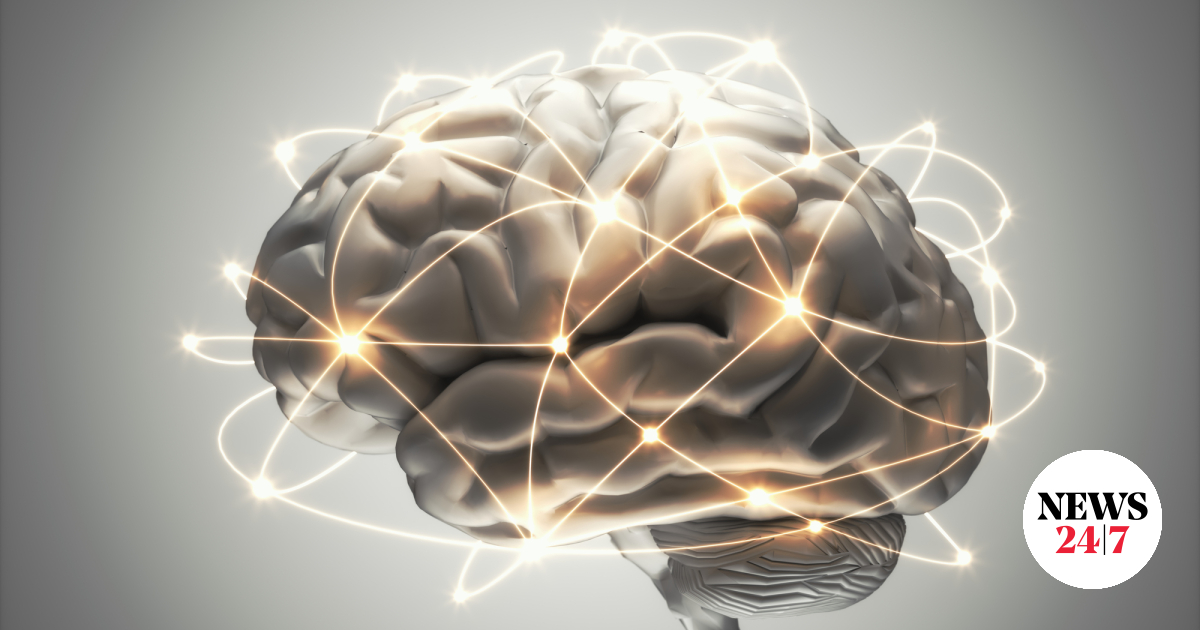
research who published in human brain map I found that what men do online “gives” the strongest reward responses in the brain.
The activities studied are: Cash MotivatorsThose of games And the Pornography.
Previous research has shown that specific areas of the brain are involved in the processing process. prizeHowever, how these regions respond to Internet-related rewards compared to traditional rewards remains unclear.
Researchers set out to decipher how the brain learns to associate rewards with these stimuli in both healthy and non-pathological contexts in order to answer the question of how reward responses relate to online activities, compared to real-world activities.
The study included 31 healthy, right-handed men, aged 19 to 38 years.
Before the main experiment, participants were asked to choose their favorite images from three categories: a) pornographic images, b) game screenshots, and c) money images.
This personal selection process ensured that the stimuli were truly satisfying for each participant.
Among other things, functional magnetic resonance imaging (fMRI) has been used to record brain activity, allowing researchers to monitor how different brain regions respond to stimuli and map the neural correlates of reward processing.
The study revealed that pornographic stimuli were also rated as significantly more arousing than game stimuli, indicating a stronger emotional response to pornography.
Functional magnetic resonance imaging (fMRI) scans showed that anticipation of pornographic rewards led to increased activity in key brain regions involved in reward processing. The findings suggest that pornographic stimuli have strong reward value and can significantly activate the brain’s reward circuitry.
For the record, the game stimuli did not significantly activate the areas of the brain associated with reward.
The scientists wrote that their findings suggest that pornographic stimuli have a higher reward value than financial and gaming stimuli. This is evidenced by the greater neural activation observed in the brain in anticipation of pornographic rewards, as well as increased self-evaluations and physiological responses.
These findings are consistent with previous research showing that pornography has significant addictive potential due to its powerful emotional and arousal properties.

“Total alcohol fanatic. Coffee junkie. Amateur twitter evangelist. Wannabe zombie enthusiast.”





More Stories
Is this what the PS5 Pro will look like? (Image)
Finally, Windows 11 24H2 update significantly boosts AMD Ryzen – Windows 11 performance
Heart Surgeon Reveals The 4 Things He ‘Totally Avoids’ In His Life